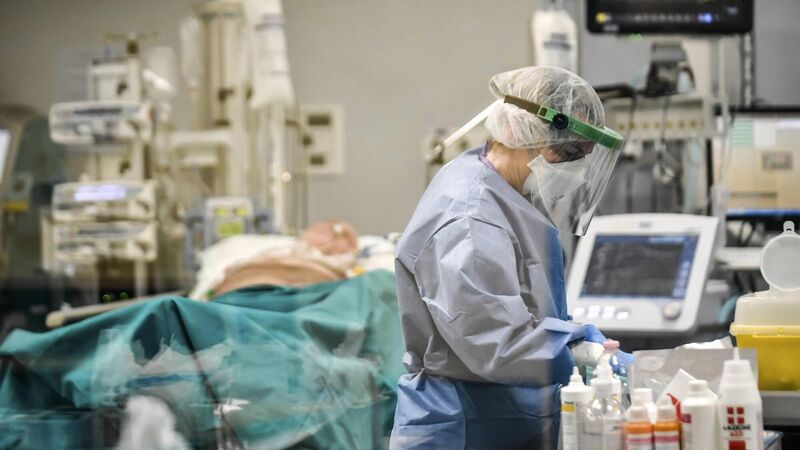'Significantly lower probability of death' from severe Covid in ICU than wards

A survey has found that demand for treatment of sever Covid was such that non-specialist staff were given crash courses in ICU care in normal ward settings and had to deliver this specialised care without formal training.
People admitted to ICU with severe Covid-19 had a “significantly lower probability of death” compared to critically ill patients treated on adapted hospital wards because of a shortage of ICU beds, a study in 43 countries, including Ireland, has found.
Irish consultants who contributed to the study published in the on Wednesday, said Ireland has one of the lowest critical care beds rates per capita in the world, and called for urgent investment in this area.










